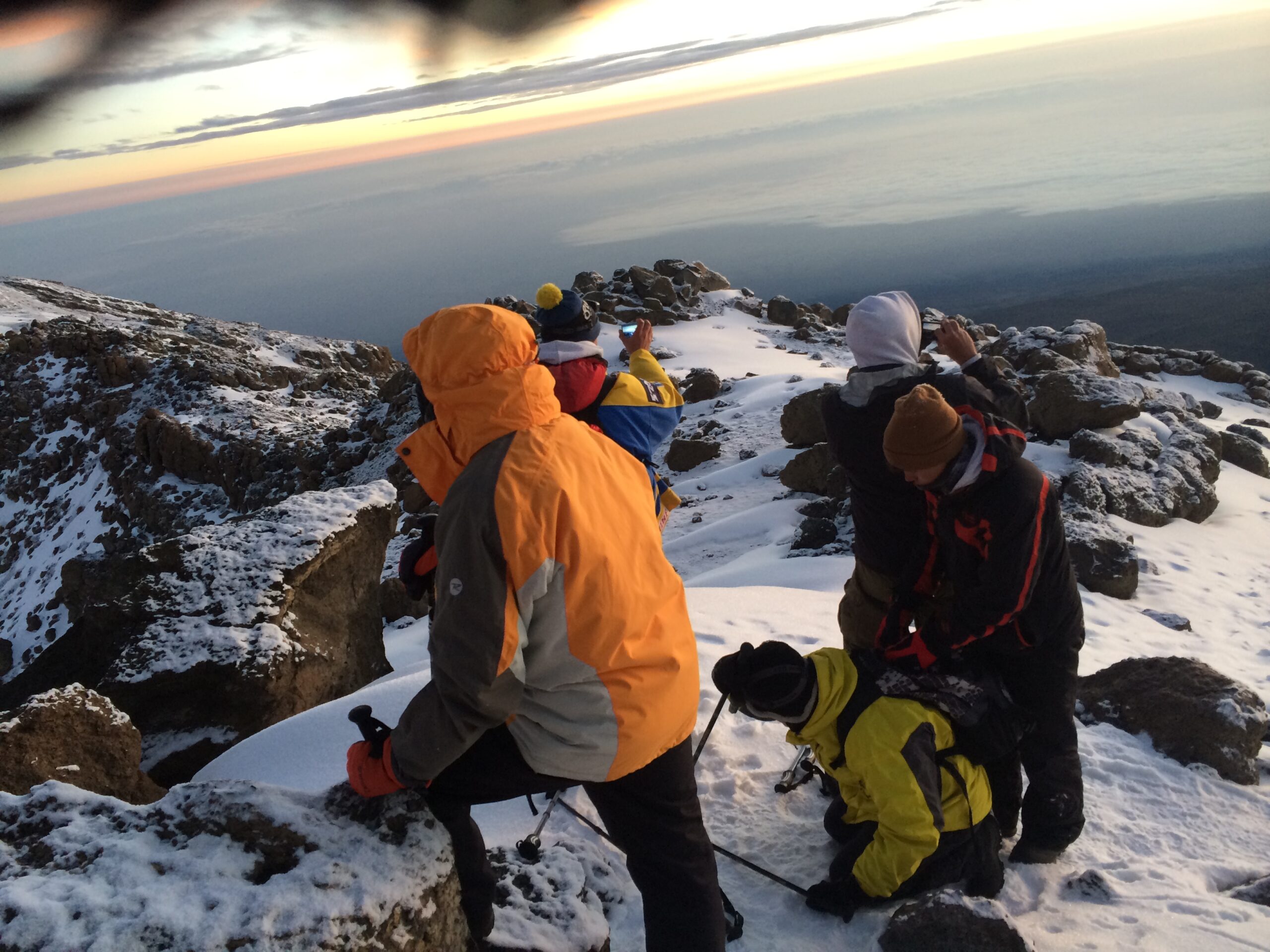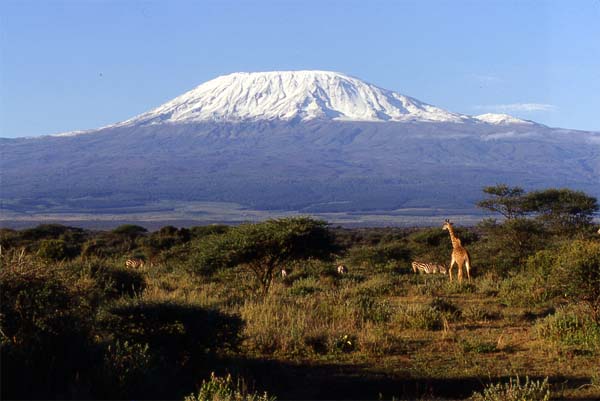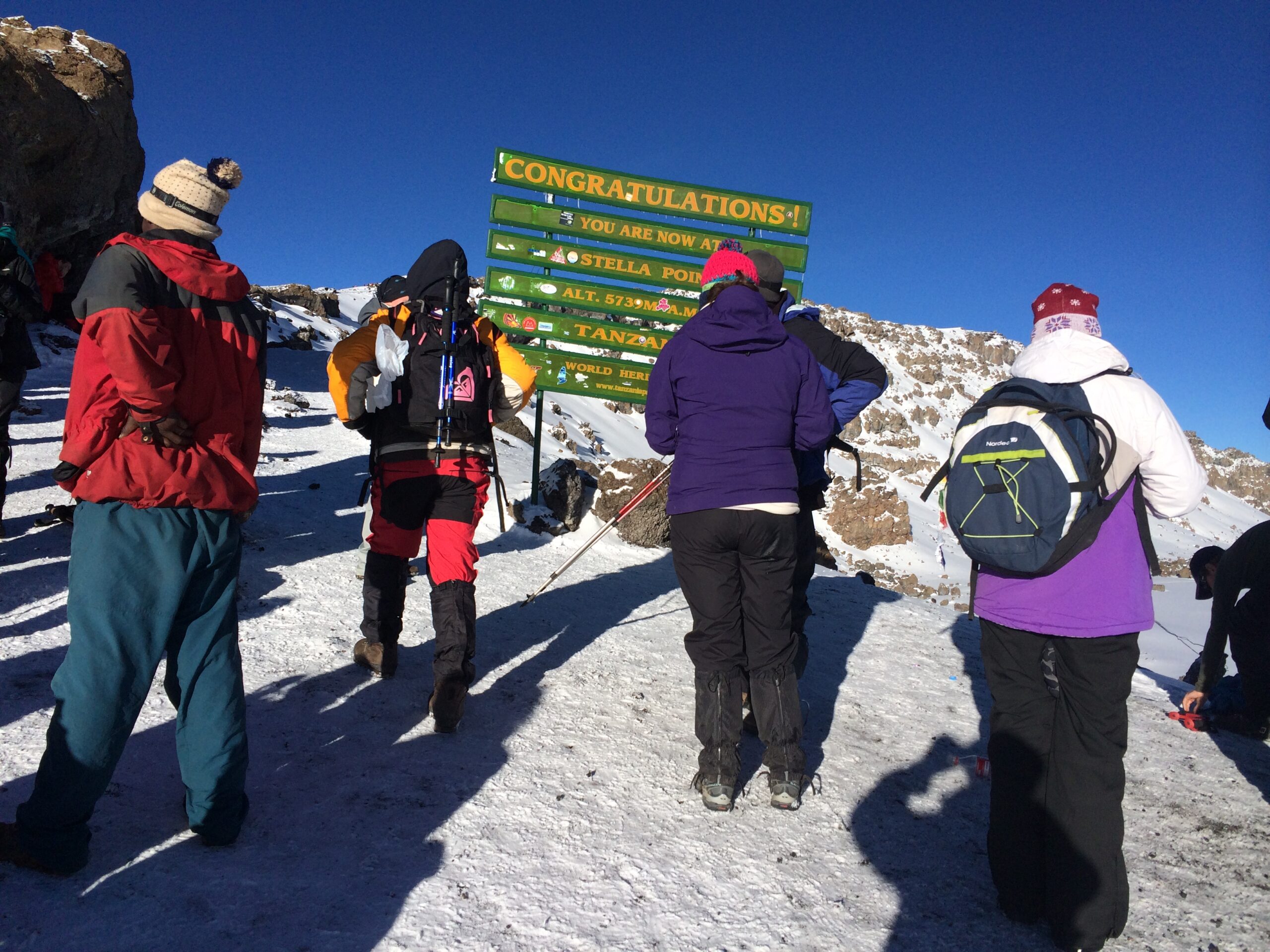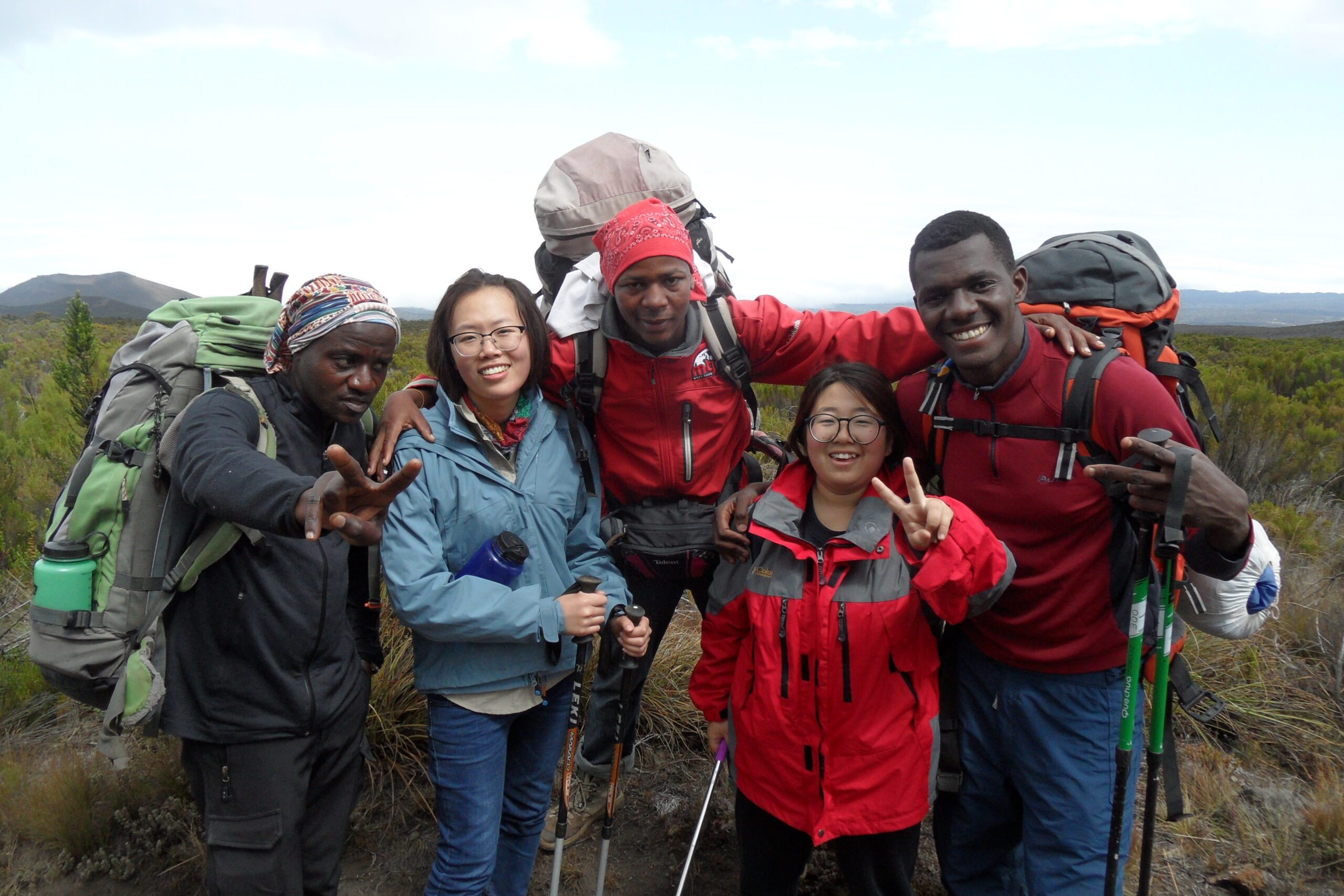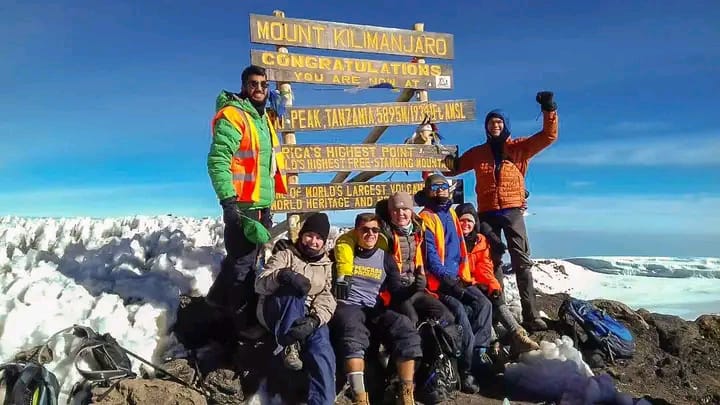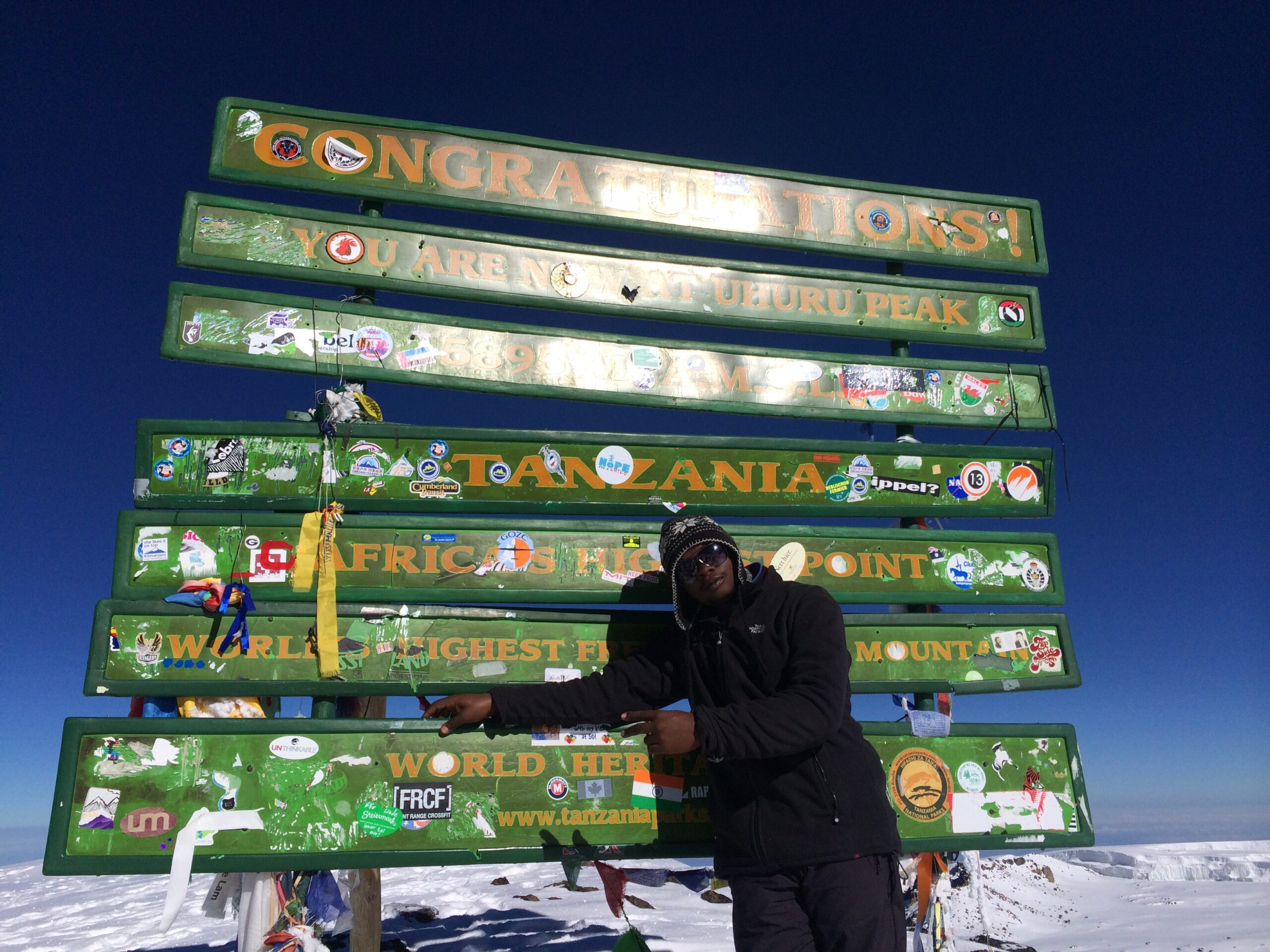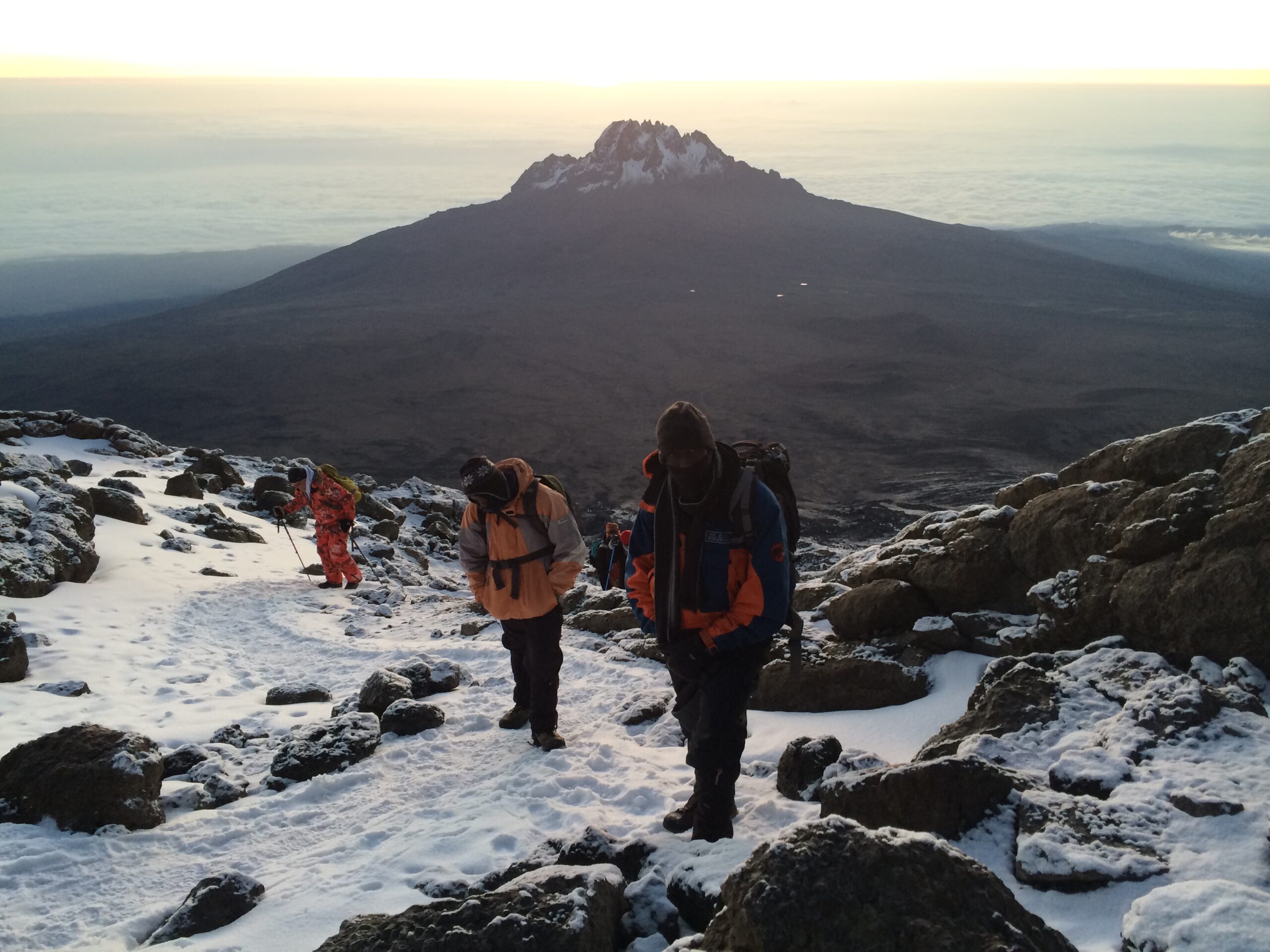IS IT NECESSARY TO GET A MEDICAL CHECK-UP BEFORE CLIMBING KILIMANJARO?
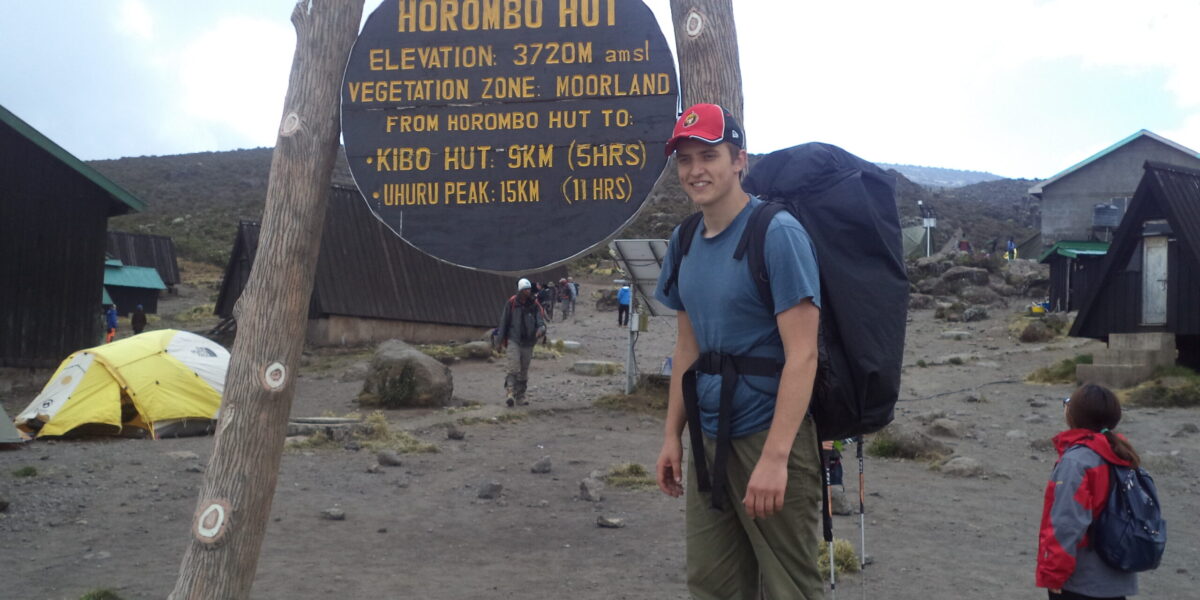
Pre-Climb Medical Check
Before embarking on a trek up Mount Kilimanjaro it’s important to get a medical check from your family doctor. A basic check-up will ensure your fitness levels are adequate, and your overall health is up to the challenges of the mountain.
High altitude trekking has its own set of risks. Climbing Kilimanjaro is a strenuous, challenging journey and you need to be aware of how any existing injuries or medical conditions may be affected by the altitude and the terrain.
A medical examination can also reveal any unknown issues, such as high blood pressure, respiratory problems (asthma) or heart conditions that you weren’t aware of, but could have an effect on your ability to climb.
Here at Climbing Kilimanjaro, we take your safety very seriously. We ask you to fill in a medical form prior to your climb so our guides have an accurate picture of your overall condition, and are aware of any health risks, problems or injuries you might have.
If we see something on your medical checklist that needs further clarification, we may ask for a doctor’s report. But it most cases, this isn’t necessary.
Emergency situations can, and do, occur on the mountain and knowing how to react to them can be crucial in times of distress. It’s important that we are aware of any details that could jeopardize the expedition or pose a problem for you at high altitude.
Existing injuries can be exacerbated by the trek. 6-8 hours of hiking per day can be hard on your back and joints. The downhill sections are particularly tough on the knees.
Regular Prescriptions and Medications
Some prescription medication can have adverse effects at altitude. Your doctor will advise whether your regular medication is suitable for the mountain environment. Our guides will need to know what meds you are taking.
If you are planning to take Diamox to help acclimatization, you’ll need to get a prescription and your doctor will need to assess whether there are any potential adverse interactions with your existing medication or medical issues.
Kilimanjaro Age restrictions
The minimum age for climbing Kilimanjaro is 10 years old. Younger children have made it to the summit but this requires special permits from the parks authority. There is no maximum age limit. For climbers under 18 and over 65, we require a doctor to sign-off on their fitness for the challenge.
An Important Note about Asthma
All climbers with a history of asthma, including a childhood history, must be checked by their physician before climbing Kilimanjaro. If you do suffer from asthma, it needs to be stable and easily controlled.
The atmospheric conditions on the mountain can exacerbate asthma, even if it’s been stable for years. The dry air, lack of oxygen, and mountain dust can aggravate the respiratory system, and combined with the strain of high-altitude climbing lead to asthma attacks.
Your doctor should also screen all medication for interactions with Diamox (acetazolamide), dexamethasone (used in the treatment of altitude sickness) and routine antibiotics

